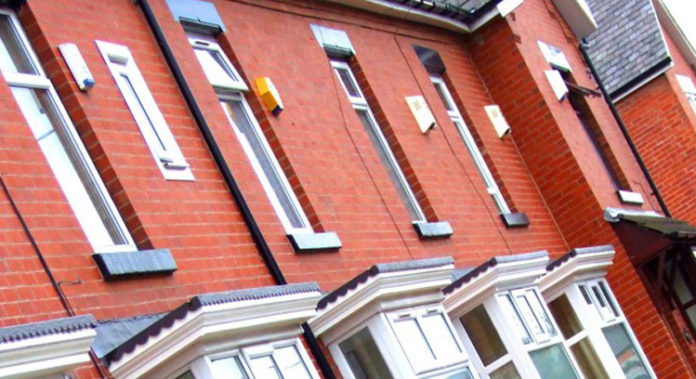
THE HEAT has been coming out of the rental market, with UK rents tumbling for the first time since 2009.
The average rent on a new tenancy, beginning in May, was £901 – that’s 0.3% lower than in the same month of 2016, according to new data from HomeLet, a tenant referencing service.
In London, rents were 3% lower than this time last year.
This is the first time in eight years the HomeLet rental index has reported a fall in rents on an annualised basis.
Chief executive officer of HomeLet, Martin Totty said that the company’s rental data, “suggests landlords are facing a difficult balancing act between ensuring rents are affordable for tenants in a low wage growth environment, while covering their own rising costs”.
The slowdown in the rental sector mirrors a similar picture elsewhere in the property sector, with Nationwide Building Society revealing in June that house prices had fallen in each of the past three months.
Aside from London, rents in four other regions also saw rents on new tenancies slide during May. The north-east of England, the south-east, Yorkshire and Humberside, and Scotland all registered decreases ranging from 2.3% to 0.6%.
In the capital, the slowdown saw average rents drop from £1,572 a month in July 2016, to £1,502 in May.
HomeLet said that last month’s 3% annualised fall was the ‘steepest decline’ reported in London since 2009.Above: A-two-bedroom flat for rent in north London’s Finsbury Park for £1,712 per calendar month
After the 2008 and 2009 credit crunch a growing shortage of stock lead to ‘bidding wars’ in the rental market between prospective tenants. This was most prevalent in London, where the mismatch between supply and demand was most stark.
Up until as recently as a year ago Britain’s property market was still being described by commentators as ‘overheated’.
But the tables are starting to turn, according to HomeLet. An increasing amount of red tape for landlords such as Right to Rent, and squeezes on the tax reliefs available, mean landlords are weighing up tenant affordability considerations ‘very seriously’.
Martin Totty said, “Any constraint to the supply of rental properties, because landlords are unable to achieve the reasonable returns they require, cannot be in the long-term best interests of tenants, especially if – as we’ve heard from the main political parties – the UK’s population continues to grow.”
Rents across the UK fell by 0.3% in May, the first such fall since December 2009, with the average monthly rent now standing at £901. In London rent prices fell by 3% in the 12 months since May 2016, the most substantial fall in eight years.








